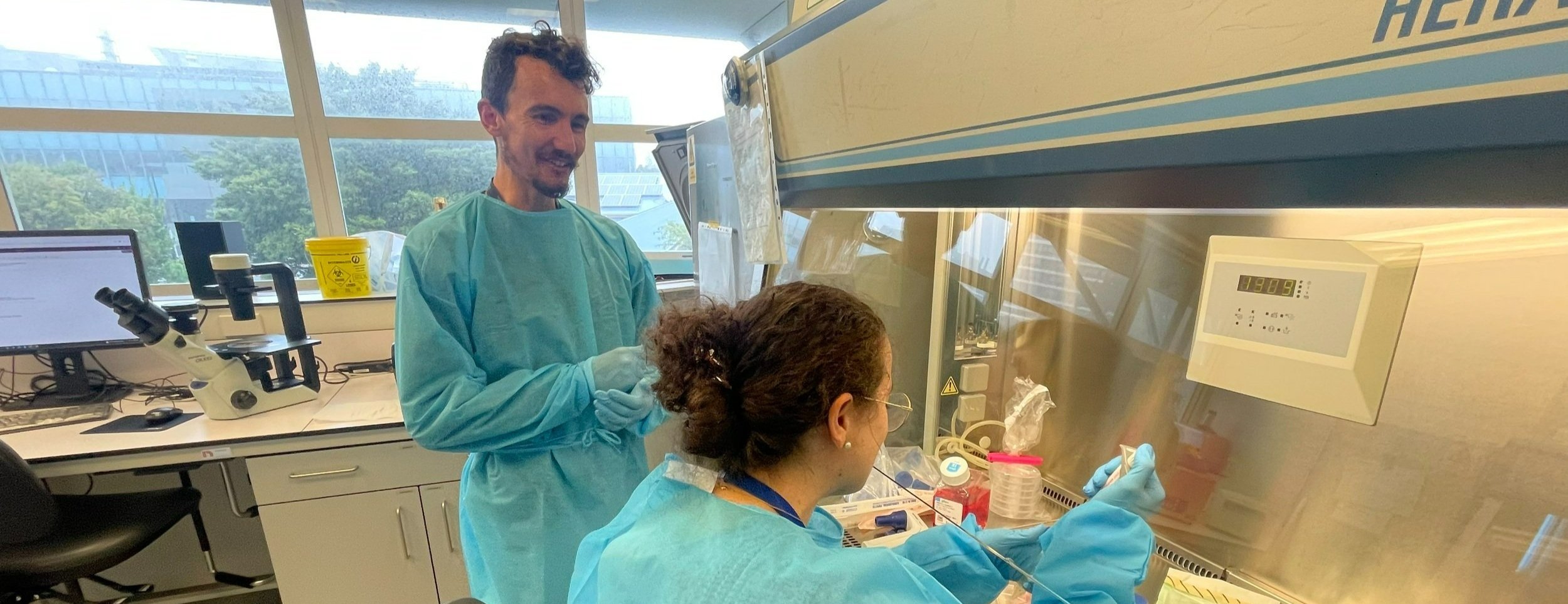
Meningioma Research
Meningiomas are tumours that develop in the meninges, the protective membranes that surround the brain and spinal cord. They are usually slow-growing and benign, but in some cases they can become malignant and aggressive.
Symptoms of meningiomas depend on their location and size, and can include headache, seizures, weakness or numbness in the limbs, difficulty speaking or swallowing, and changes in vision or hearing. Treatment options for meningiomas include observation, surgery, radiation therapy, or a combination of these approaches.
The prognosis for meningiomas is generally good, especially for those that are benign and surgically removed. However, in some cases, meningiomas can recur after treatment or become malignant. Regular monitoring and follow-up care are important for those with meningiomas, to detect any changes or recurrences early.
Our research into meningiomas is ongoing. We are focusing on improving the understanding of the disease, identifying factors that may contribute to its development and developing new treatments primarily using repurposed drugs that are off-patent, cheap and safe to use.
Another focus is on developing better methods of understanding the underlying genetic and molecular mechanisms of the disease, and identifying new treatment options. Advances in organoid technology, proteomics, lipidomic and immune therapies will help to identify specific alterations that are associated with meningioma development, which may lead to new targeted therapies.
Overall, Gillies McIndoe’s ongoing meningioma research is helping to improve our understanding of this disease and to develop new approaches for diagnosis and treatment, with the goal of improving patient outcomes and quality of life.
Support
Gillies McIndoe Research Institute is a Registered Charity (CC43660) relying mainly on private philanthropy, including donations, bequests, corporate champions, grants and scholarships. You can donate now or contact us to learn how you can support us and enable our research to continue.

